On Thursday night, August 8, while most trending topic lists on Weibo were all about the Olympics, a new and remarkable topic suddenly rose to the number one, namely that about the “Illegal Human Bone Case.” Just moments later, however, the topic had already disappeared from the Weibo hot search list.
An article about the topic by Chinese media outlet The Paper (澎湃) that had just been published hours earlier on August 8 had already been taken offline. Later, an article published on The Observer (观察) was also redirected. Another article published on the website of Caixin and state broadcaster CCTV similarly disappeared, along with many other headlines.
However, at the time of writing, there are some articles on the issue, such as by Sina News or Phoenix News, that remained accessible.
The story centers on Shanxi Aorui Bio-Materials Co., Ltd. (山西奥瑞生物材料有限公司), also known as Shanxi Osteorad in English, a company founded in 1999 that specializes in the production and supply of bone graft products.
On August 7, a prominent Chinese lawyer named Yi Shenghua (易胜华), who has a large following on Weibo, exposed details of Shanxi Aorui’s involvement in illegal and unethical practices surrounding the purchase of human bones. The company engaged in these practices for over eight years, from January 2015 to June 2023, generating an income of 380 million yuan ($53 million) from these activities.
These details had previously been disclosed by the Taiyuan Public Security Bureau in May of this year. The case has allegedly been transferred to the Taiyuan Procuratorate for review and potential prosecution, but it has yet to be concluded due to its complexity, involving some 75 suspects.
Over the years, Shanxi Aorui illegally acquired thousands of human remains, reportedly forging body donation registration forms and other documents to illegally purchase bodies from hospitals, funeral homes, and crematoriums from various places, from Sichuan Guangxi, Shandong, and other places. These human remains were then used to produce allogeneic bone implant materials, primarily sold to hospitals.
Due to the high demand for bone implant materials and limited supply, it is an incredibly lucrative industry. Some reports claim that those selling the human remains to Shanxi Aorui could charge between 10,000 and 22,000 yuan per corpse ($1400-$3000).
“I’ve been a criminal lawyer for many years, and have handled all kinds of cases, but this is the first time for me to be so shocked and angry,” Yi Shenghua wrote in his post (screenshot available via RFA.org).”What makes me particularly lose hope is that the maximum punishment for these kinds of people under the current law is only three years.”
However, Yi Shenghua’s Weibo post about the issue was later blocked from public view. “I can still see my own post, but apparently, others cannot,” Yi wrote at 17:35 on Thursday.
On August 9, China’s major pharmaceutical company Sinopharm issued a statement in light of the controversy surrounding the human bone case, stating it has never had any kind of relationship with the Shanxi Aorui company.
On Friday, the news topic on Chinese social media was tightly controlled. Various media outlets, from Weibo to Douyin, reported on the issue, but despite the public’s interest in the scandal, not a single comment could be seen under multiple threads.
‘Even Douyin blocked the Shanxi Aorui incident. Is this the government stepping in?’ one commenter wondered.
‘Why are they suppressing this hot search topic? Do they think the public is stupid?’ another person wrote.
One individual implicated in this case is Li Baoxing (李宝兴, born 1955), who was General Manager at Shanxi Aorui. Li is a renowned research professor who was reportedly awarded the title of National Model Worker in 2005. He was formerly affiliated with the Institute of Biomaterials Science and Technology at the Chinese Academy of Sciences, where he developed bone implant materials that benefited thousands of patients across the country. He allegedly joined the Communist Party in 1985.
Some commenters called the entire scandal a “horror film,” with Li Baoxing being the director.
“We know about 4000 [human remains], what about those we don’t know about?”
“These so-called ‘human remains’ were once people like you and me,” another Weibo user wrote: “They were alive, their voices and smile are still in the hearts of family and friends. They liked to be clean, they had their privacy, they are still being missed. We can’t replace ourselves or our loved ones, [yet] they were used and peeled layer by layer.”
By Manya Koetse
Title: “探访涉盗卖数千具人体骨骼的山西奥瑞公司,此前已被公安查封” (“Investigation into Shanxi Aorui Bio, involved in the illegal sale of thousands of human bones, which had previously been seized by police”). Original link: https://www.thepaper.cn/newsDetail_forward_28348324
Title: “涉嫌非法盗卖数千具遗体用于制作植入材料,山西奥瑞生物八年营收3.8亿” (“Suspected of illegally stealing and selling thousands of human remains for use in making implant materials, Shanxi Aorui Bio made an eight-year revenue of 380 million yuan”). Original link: https://www.guancha.cn/GongSi/2024_08_08_744234.shtml
CCTV’s publication is the same as the article published by The Paper, namely: “探访涉盗卖数千具人体骨骼的山西奥瑞公司,此前已被公安查封” (“Investigation into Shanxi Aorui Bio, involved in the illegal sale of thousands of human bones, which had previously been seized by police”). Original link: https://news.cctv.com/2024/08/08/ARTIkxoJEQuHmvTxmxGVmDug240808.shtml. Caixin’s publication was titled “75人卷入山西盗窃倒卖遗体案 多地民政局称已跟进调查” (75 people involved in the theft and sale of human remains in Shanxi, investigations underway by various civil affairs bureaus).
For example, by Sina News: “起底倒卖4000具尸体操控者李宝兴- 曾获“全国劳模”称号” (“Li Baoxing, the manipulator who speculated in 4,000 corpses, was awarded the title of “national labor model”). Original link: https://finance.sina.com.cn/chanjing/gsnews/2024-08-08/doc-inchxqva1690315.shtml?cre=sinapc&mod=g.
Spotted a mistake or want to add something? Please let us know in comments below or email us. First-time commenters, please be patient – we will have to manually approve your comment before it appears.
©2024 Whatsonweibo. All rights reserved. Do not reproduce our content without permission – you can contact us at info@whatsonweibo.com.
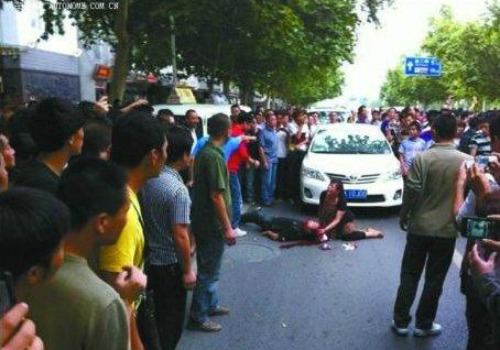

 China Insight7 months ago
China Insight7 months ago
 China Music8 months ago
China Music8 months ago
 China Insight9 months ago
China Insight9 months ago
 China Insight12 months ago
China Insight12 months ago
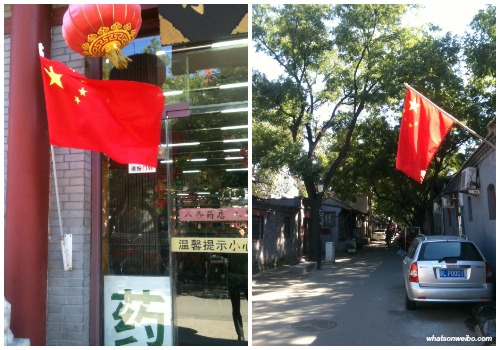
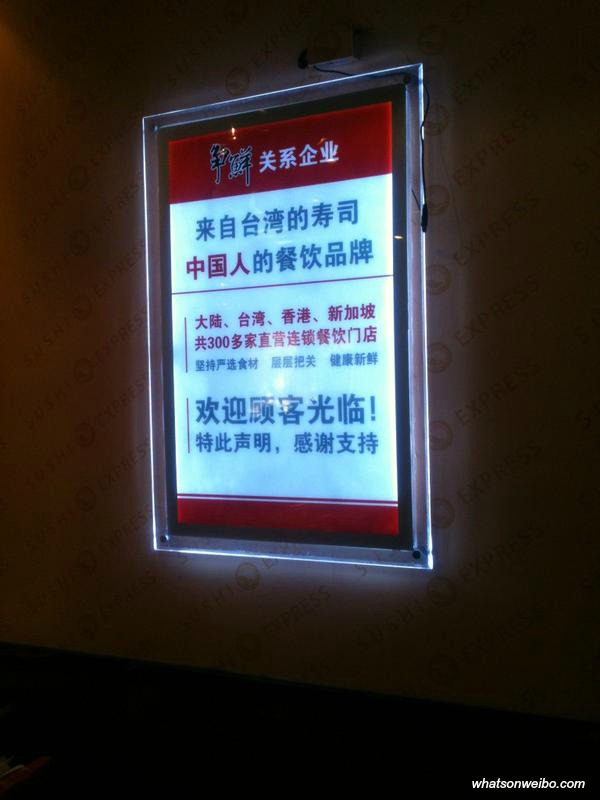
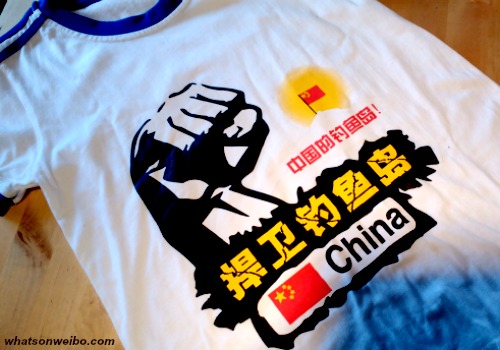


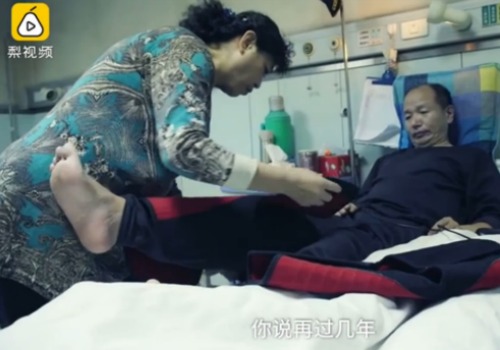





















Ed Sander
December 18, 2016 at 1:02 pm
“where one demonstrator violently beat him on the head with a stick.”
Small detail, it wasn’t a stick, it was a heavy bike lock.
https://www.youtube.com/watch?v=hjfFFdT0cZU&noredirect=1
Here’s a story about Cai Yang, the migrant worker that hit Wang.
https://www.chinafile.com/fragments-cai-yangs-life
It’s really sad to hear that Wang’s wife, of all people, is no more sensible than Cai Yang. 🙁